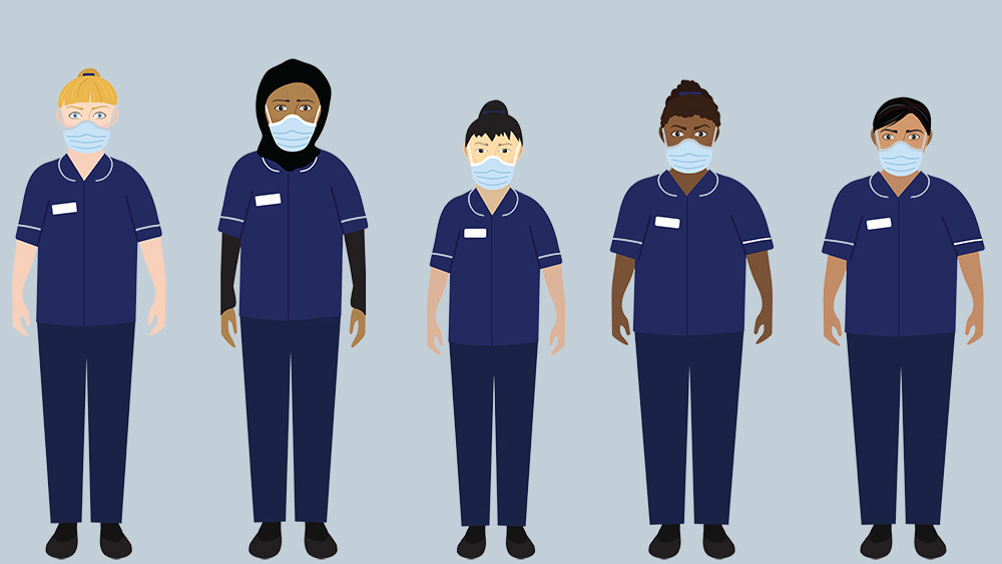References
Call it by its name: racism and the need to be anti-racist in British nursing

It is Black History Month therefore the focus is on the black experience and contribution through history. There are pros and cons to having a designated Black History Month as black history is part of British history and the history of nursing, but this is not up for debate here.
In the past 5 years or so there has been a shift in society and nursing due to the work of the Black Lives Matter movement and the COVID-19 pandemic, highlighting the precarious position that black lives have due to racism and its symbiotic relationship with the increased death toll of black members of society, particularly healthcare workers (Brathwaite, 2020; Kapilashrami, 2022). The social determinants of health also have a relationship with racism and poorer health outcomes (Marmot, 2021). Racism and its connection to some of these issues were being theorised, discussed, analysed and debated long before 5 years ago but terminology related to racism and what this means has become more used in mainstream society. For example, white supremacy, white fragility, bias, microaggressions, individual racism and institutional or structural racism.
Register now to continue reading
Thank you for visiting British Journal of Nursing and reading some of our peer-reviewed resources for nurses. To read more, please register today. You’ll enjoy the following great benefits:
What's included
-
Limited access to clinical or professional articles
-
Unlimited access to the latest news, blogs and video content

